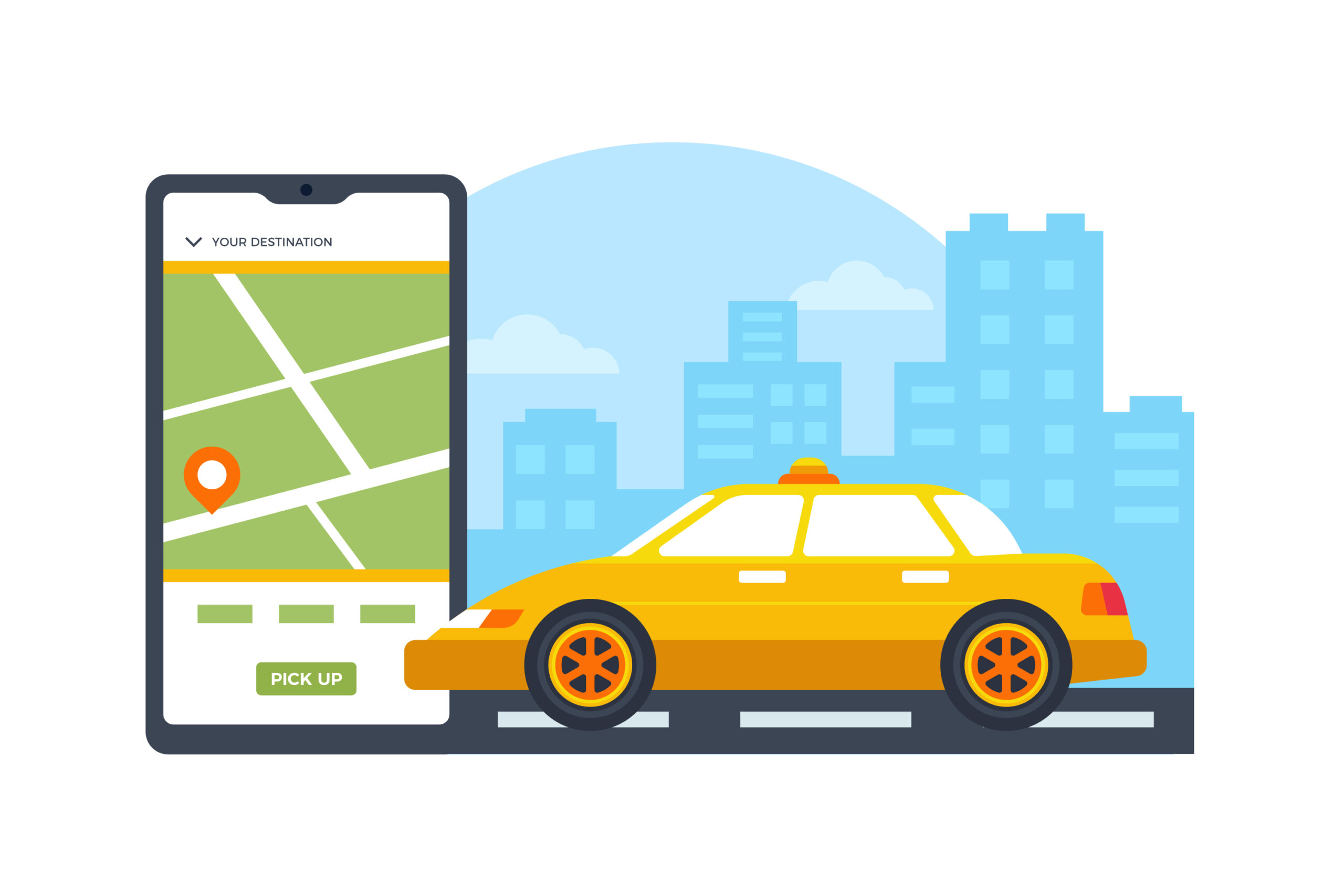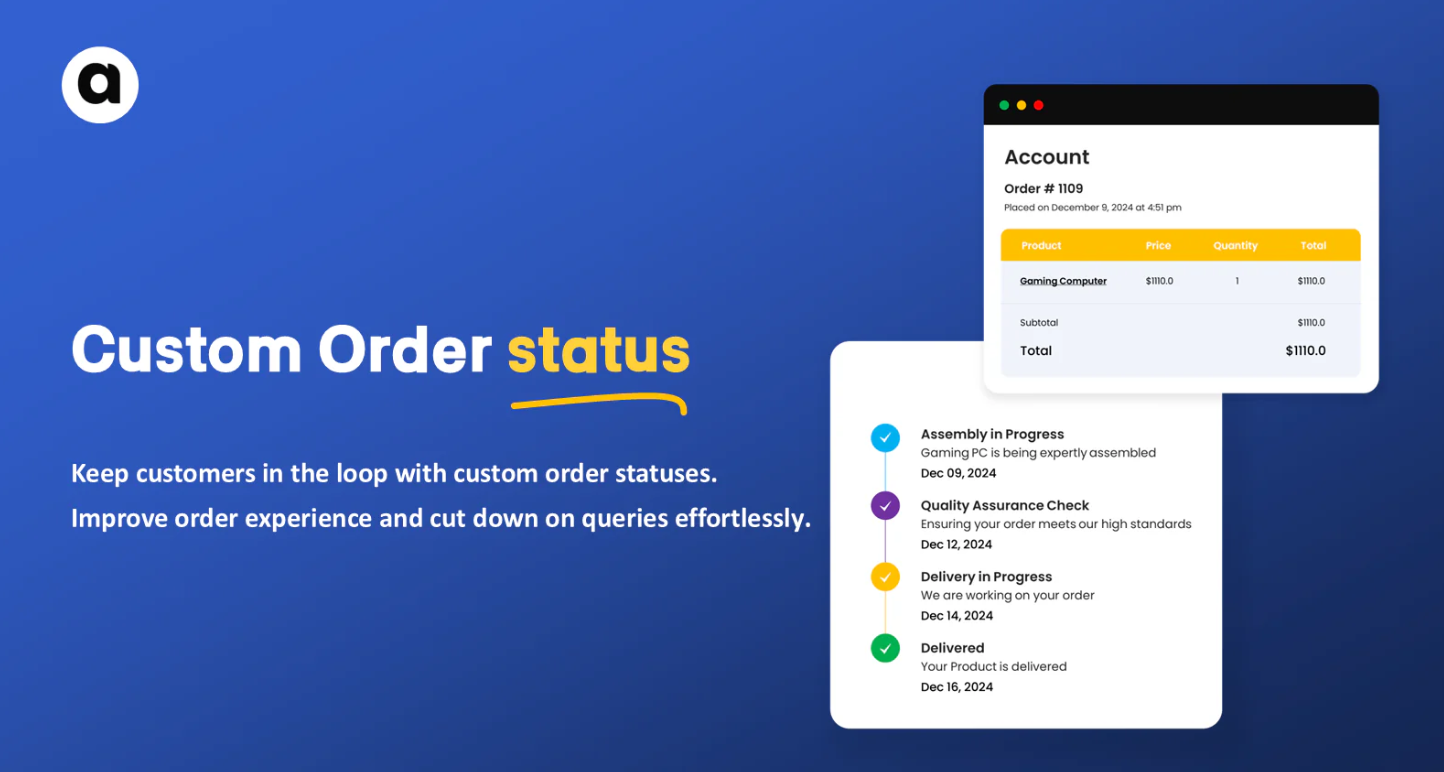Introduction
In 2025, the ride-hailing industry is undergoing a groundbreaking transformation, largely fueled by the integration of artificial intelligence (AI) and machine learning (ML). From route optimization to real-time demand prediction, these intelligent technologies are redefining how taxi apps operate and serve users. Today’s tech-savvy passengers and drivers demand smart, seamless, and personalized experiences—making machine learning more than a luxury; it’s now a vital component of modern taxi app development.
This blog explores how top taxi app development companies are embracing machine learning in 2025 to create innovative, efficient, and customer-centric ride-hailing solutions. We’ll dive into the technical implications, business benefits, success stories, and what you should consider when selecting a development partner.
Understanding Machine Learning in Taxi App Development
Machine learning in taxi app development refers to the use of data-driven algorithms that allow apps to learn from data patterns and improve decision-making without explicit programming. In the taxi industry, ML can:
- Predict rider demand in specific locations and times
- Suggest optimal routes based on traffic, weather, and road conditions
- Match drivers with riders efficiently
- Detect fraud and enhance safety
- Personalize the user experience with ride preferences and suggestions
By leveraging ML, taxi apps evolve from reactive systems to intelligent platforms capable of adapting and improving over time.
Key Benefits of Machine Learning in Taxi Booking Apps
1. Predictive Analytics in Taxi Apps
Machine learning enables predictive modeling using historical and real-time data. This can forecast:
- Surge pricing zones
- Peak demand times
- Estimated arrival and drop-off times
2. Smart Route Optimization
ML algorithms analyze traffic data, road closures, and travel patterns to suggest the most efficient routes in real time, reducing commute time and operational costs.
3. Personalized User Experience
Voice-controlled taxi booking systems can leverage ML to deliver:
- Customized ride suggestions
- Saved routes and payment methods
- Loyalty-based discounts and recommendations
4. Intelligent Taxi Dispatch System
Matching the right driver with the right rider isn’t just about location—it also factors in availability, ratings, and travel preferences. ML improves dispatching accuracy and customer satisfaction.
5. Fraud Detection and Security
AI and ML in taxi app development help monitor unusual patterns such as:
- Multiple cancellations from the same user
- Unusual route deviations
- Repeated driver-rider pairings
This ensures safer and more secure ride experiences.
Top Taxi App Development Companies Using ML in 2025
Here are leading taxi app development companies leveraging ML in 2025:
1. ARKA Softwares
They are renowned for scalable taxi app development services that integrate ML for predictive analytics, route management, and user behavior monitoring.
2. Space-O Technologies
They use machine learning to enhance app UX through smart assistant features and personalized trip planning.
3. Brainhub
Brainhub specializes in AI-driven, cross-platform taxi apps that leverage ML algorithms for real-time decision-making.
4. Hyperlink InfoSystem
Hyperlink integrates ML in their taxi apps for demand forecasting, ride safety, and smart pricing strategies.
5. Appinventiv
They focus on custom solutions powered by advanced ML and NLP models, enabling voice user interface (VUI) integration and predictive driver allocation.
Case Studies: Success Stories from ML-Driven Taxi Apps
Uber and Lyft
Both giants use machine learning in every part of their systems:
- Uber: ML drives dynamic pricing, ETA predictions, driver-rider matching, and fraud detection.
- Lyft: Uses ML for rider behavior analytics, heatmap generation, and real-time ride monitoring.
Ola
India’s Ola uses AI and ML to:
- Optimize cab allocation
- Analyze rider preferences
- Predict high-demand areas using past booking data
Must-Have ML Features in a Modern Taxi App
When building a taxi app with machine learning, make sure it includes:
- Voice user interface (VUI) for taxi apps
- Real-time demand and supply prediction
- Dynamic pricing based on market activity
- Smart assistant for taxi booking
- Natural language processing in taxi apps
- Hands-free taxi app interaction
- Rider behavior analysis and insights dashboard
These features not only enhance the user experience but also offer a competitive edge for businesses.
How to Choose the Right Taxi App Development Partner
If you’re planning to invest in a taxi booking app with machine learning features, consider the following while choosing a partner:
- Proven track record with ML and AI integration
- Expertise in voice assistant integration in taxi apps
- Customizable and scalable app architecture
- Understanding of regulatory compliance and data privacy
- Clear breakdown of the cost to build a taxi booking app
- Ongoing support and product scaling capabilities
Make sure to review their approach to taxi app development services and portfolio in ride sharing app development.
Challenges in Implementing Machine Learning in Taxi Apps
While ML unlocks massive potential, it does come with challenges:
- Data Quality: ML models rely heavily on clean, structured, and diverse datasets.
- System Integration: Merging ML capabilities with existing backend systems can be complex.
- Cost Implications: Training, deployment, and maintenance of ML models can increase development costs.
- Ethical Considerations: Biased algorithms can unintentionally affect pricing or driver distribution.
A reputable development company can help mitigate these issues through careful design and testing.
The Future of ML in Taxi App Development
Machine learning is set to drive the future of ride-hailing with innovations like:
- Self-learning AI dispatch systems
- Voice-enabled taxi booking app solutions with gesture control
- AI-driven customer support chatbots
- Predictive maintenance for fleets
- Emotion recognition for improved safety and comfort
These innovations will continue to push the boundaries of efficiency and user experience.
Conclusion
Machine learning is reshaping the landscape of taxi app development in 2025. From predictive analytics to intelligent routing and personalized user interfaces, ML delivers tangible value for both riders and businesses. Top taxi app development companies are embracing this trend to offer forward-thinking, AI-enhanced mobility solutions.
For businesses entering the ride-hailing space or aiming to upgrade their existing platforms, partnering with a company that specializes in ML-based taxi app solutions is essential. With the right strategy and expertise, you can unlock smart, scalable, and future-ready mobility experiences.
FAQs
How does machine learning enhance taxi app functionality?
ML enables predictive dispatch, dynamic pricing, personalized UX, and real-time route optimization, creating smarter and more efficient apps.
What is the cost to build a taxi booking app with ML features?
The cost to build a taxi booking app ranges between $30,000 and $100,000 depending on features, platforms, and ML complexity.
Are ML-based taxi apps suitable for small businesses?
Yes, they help automate operations, increase user retention, and offer higher long-term ROI through smart features.
What’s the future of ML in ride-hailing?
Expect voice-first interfaces, real-time fleet learning, emotion-based safety systems, and ultra-personalized ride experiences.
How do I start building an ML-powered taxi app?
Start by exploring trusted taxi app development services with expertise in AI, ML, and mobility platforms. Discuss your goals and create a roadmap for implementation.



